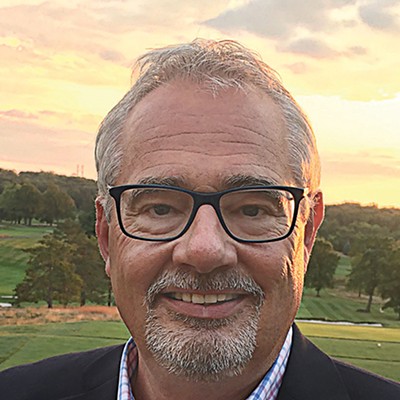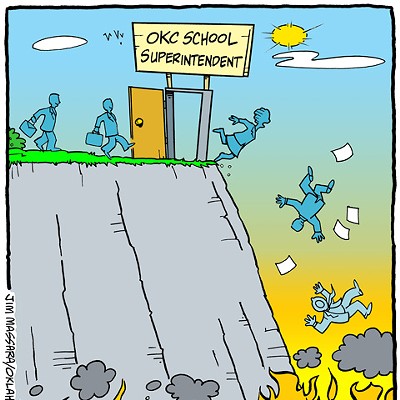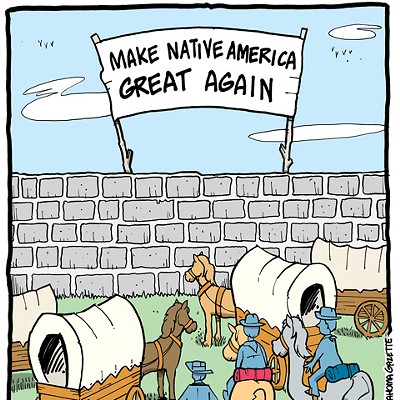A few weeks ago I was treated to a rare experience. To understand the rarity, I must give you some background. Every year, Oklahoma attorneys are required to complete 12 hours of continuing legal education. This requirement normally is met by attending a succession of seminars and classes that cover various legal topics.
The vast majority of these hours are spent in mind-numbing boredom. Mind you, this was the first year I was subject to this requirement, and my respect for the stamina of more senior lawyers has increased immeasurably now that I know more fully their past travails. One sits in a seminar on an obscure topic utterly unrelated to one's daily practice (this phenomenon is all the more present due to the increased specialization of the modern bar) and wonders when the end may come.
Ennui took a holiday when I attended an early morning seminar (the time is crucial, because very little can interest me in the wee hours of the morning other than a piping hot mocha) concerning drug courts. My acquaintance with drug courts was always tenuous at best: I overheard conversations about them when I worked at the House of Representatives and liked what I heard but knew few specifics. Indeed, the war on drugs " which, rhetorically, at least, ramped up when I was a child " was my introduction to politics. I have known far too many people caught up in this scourge and have felt a passion for this problem for as long as I can remember.
I do not know how others react, but when I see a loved one, a friend, a neighbor in the grips of this menace, I feel two conflicting emotions " what a weak word for something so strong! Compassion verging on pity for the user and white-hot rage directed at the business entities behind the vile product, from producers all the way down to the street corner " or corner office " dealer.
This dichotomy echoed in my head as I listened to the judge who spoke to the Oklahoma County Bar Association that early morning. The drug court process mandates that users undergo a rigorous rehabilitation program while under supervision and subject to testing. I could not possibly do justice to this detailed idea, although I encourage you to research it yourself. Rather, I would like to point out the greater implications.
The customers by and large are the civilians in the war on drugs. They must be won back to the side of civilization. Yes, I used that antiquated word on purpose, because I believe illegal drugs to be nothing less than a reversion to barbarism. The business interests detailed above are the true enemy. While we show compassion for their prey, we must round up these modern-day Borgias and throw away the key. If need be, their fields and factories must be torched and burned to the ground.
The libertarian response asks what business of the government it is to get between willing vendors and customers. This reaction misunderstands the nature of a republic. In fact, the word republic means "the people's thing." The war on drugs, on both fronts, is our defense of our community, our children and our future.
Who knows? Maybe that 12-hour requirement is a good thing. - Jason Reese
Reese is an attorney in downtown Oklahoma City. He lives with his wife and son in Mesta Park.












